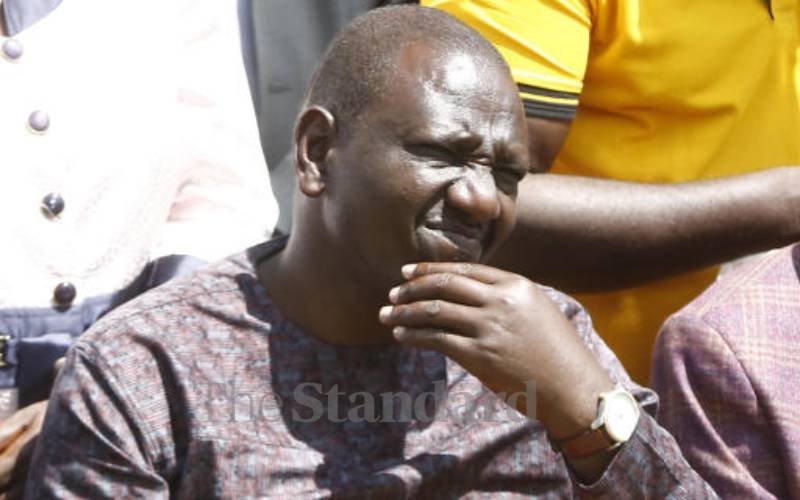×
The Standard e-Paper
Smart Minds Choose Us

Deputy President William Ruto at stakeholders meeting in Gilgil, Nakuru County. August 9, 2021. [Kipsang Joseph, Standard]
For the first time, last Thursday, Deputy President William Ruto publicly confessed to being a “rich hustler” – a total departure from his hustler nation mantra that has depicted hustlers as the down-trodden Kenyans whose fortunes he is dedicated to turn around.